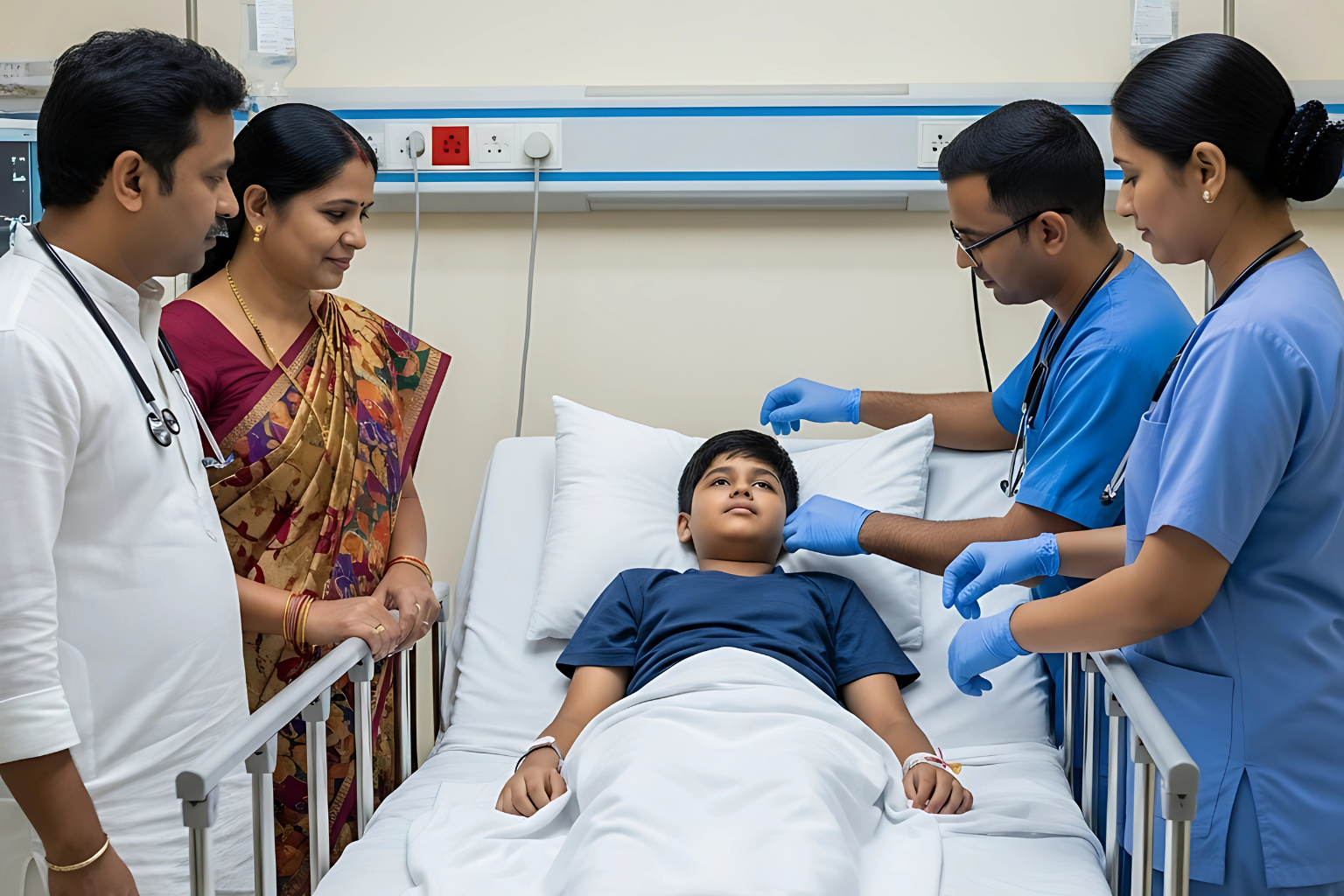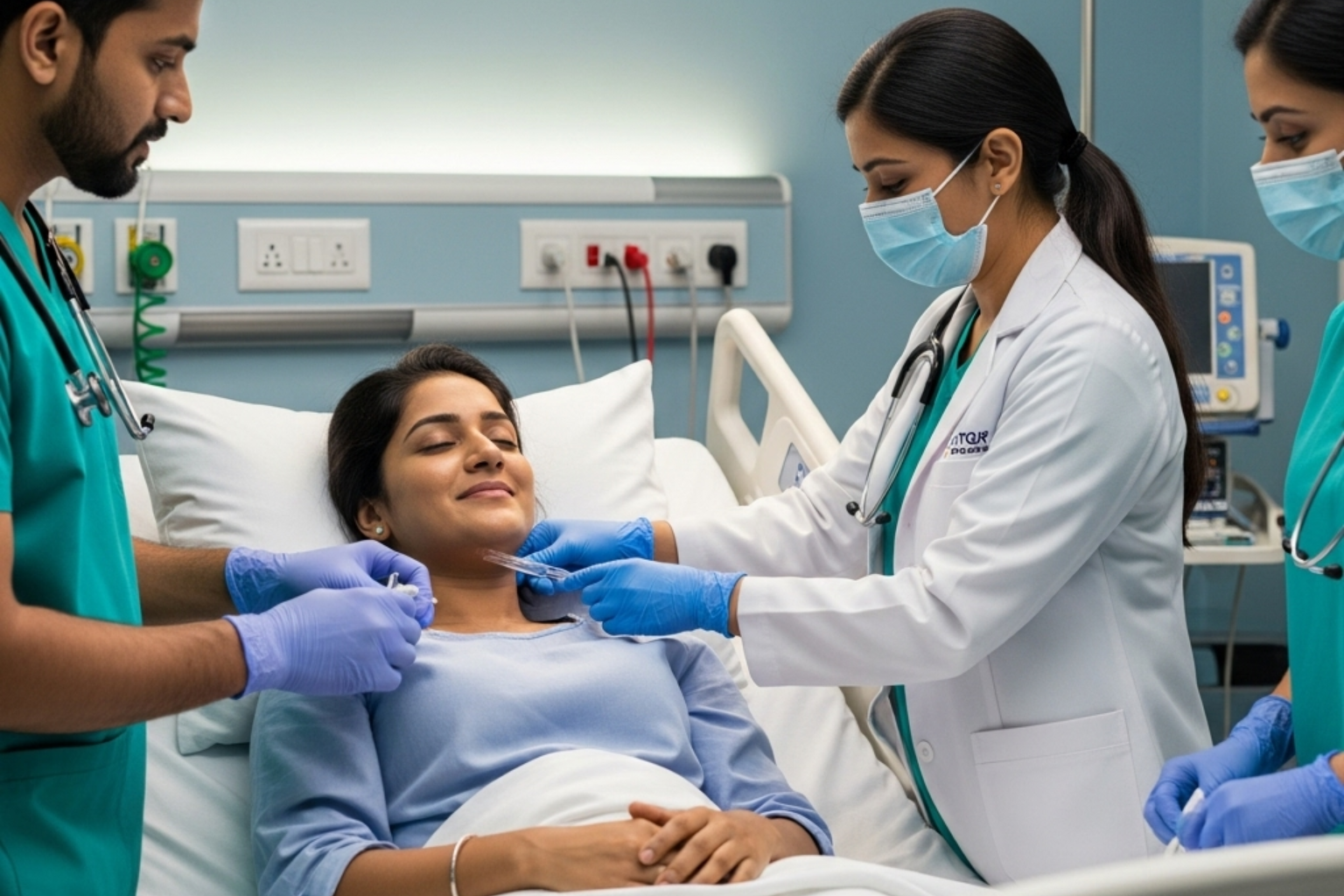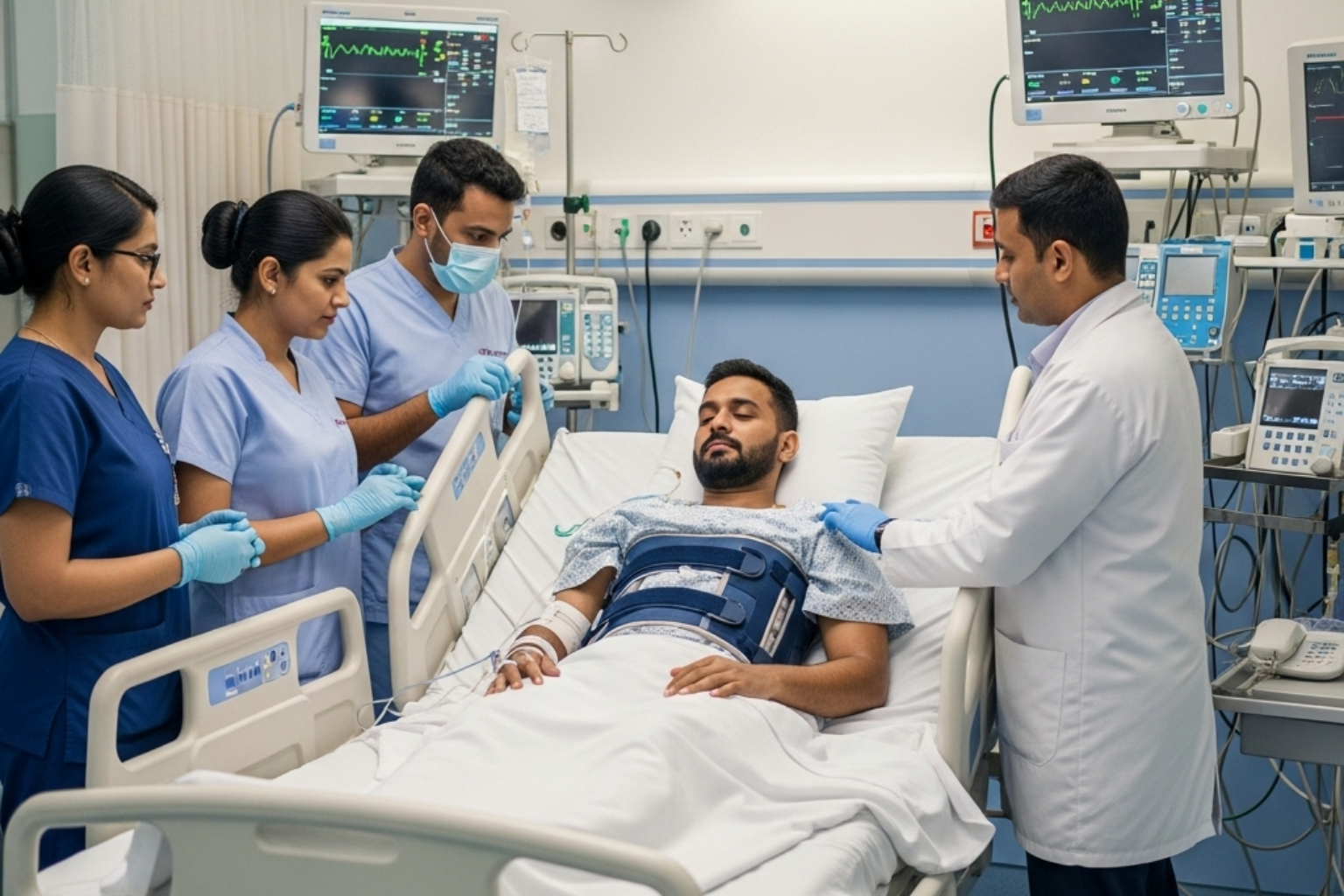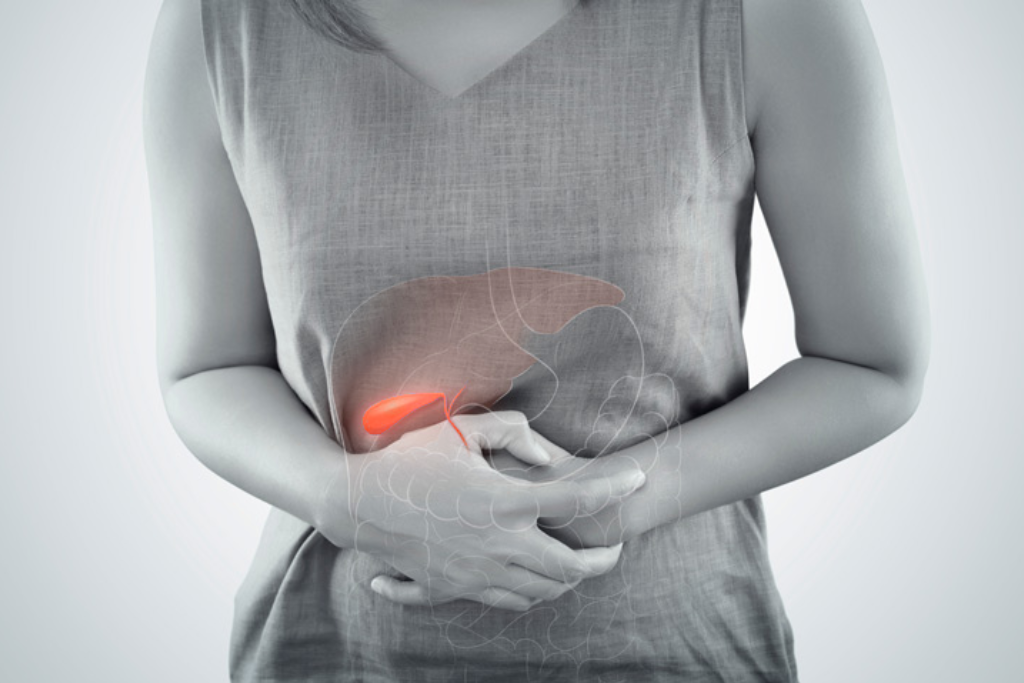
Namaste from Altor Hospitals in Bengaluru!
Experiencing unexplained pain in your belly can be unsettling, especially if it comes and goes. Often, what many people describe as “indigestion” or “gas” could actually be a sign of gallbladder stones. These tiny, pebble-like deposits are surprisingly common, but when they start causing trouble, they can lead to significant discomfort and even serious health issues.
As your Head of Patient Care, my goal is to empower you with knowledge. Understanding the common gallbladder stone symptoms is the first step towards getting the right care at the right time. At Altor Hospitals in KR Puram, Bengaluru, we’re dedicated to providing clear answers and compassionate, NABH-certified care. Let’s explore what you need to know.
Imagine your gallbladder as a small, pear-shaped storage pouch nestled under your liver. Its job is to hold bile, a digestive liquid made by your liver that helps your body break down fats.
Gallstones form when substances in your bile – usually cholesterol or bilirubin – harden into solid particles. They can be as tiny as a grain of sand or as large as a golf ball. Many people have gallstones and never know it; these are called “silent gallstones” and often don’t cause any problems. However, when these stones start to move or block a bile duct, that’s when the trouble begins.

When gallstones start causing issues, they often lead to what’s commonly known as a “gallbladder attack” or biliary colic. This discomfort can be very intense and should never be ignored.
Here are the crucial symptoms to watch out for:
You might experience persistent indigestion, heartburn, or a feeling of fullness and bloating, especially after eating fatty foods. While these can be signs of other digestive issues, if combined with the pain described above, it’s a red flag.
Understanding the symptoms is key, but knowing when to act is crucial. At Altor Hospitals, your well-being is our priority, and we encourage you to seek medical attention at the right time.
See a Doctor Immediately (Emergency Situations): Please do not delay. Rush to our emergency department or call for urgent medical help if you experience:
Schedule a Consultation Soon (Non-Emergency but Important): It’s wise to consult a doctor at Altor Hospitals if you have:
Once gallstones are diagnosed, our specialists will discuss the best treatment plan for you.




If you’re experiencing pain or discomfort that
might be related to gallstones, please don’t
hesitate to seek expert medical advice. Early diagnosisand
timely treatment can prevent complications and
get you back to enjoying life without pain.
Copyright © 2025 Reserved By Altor Hospitals
Powered by Altor Hospitals